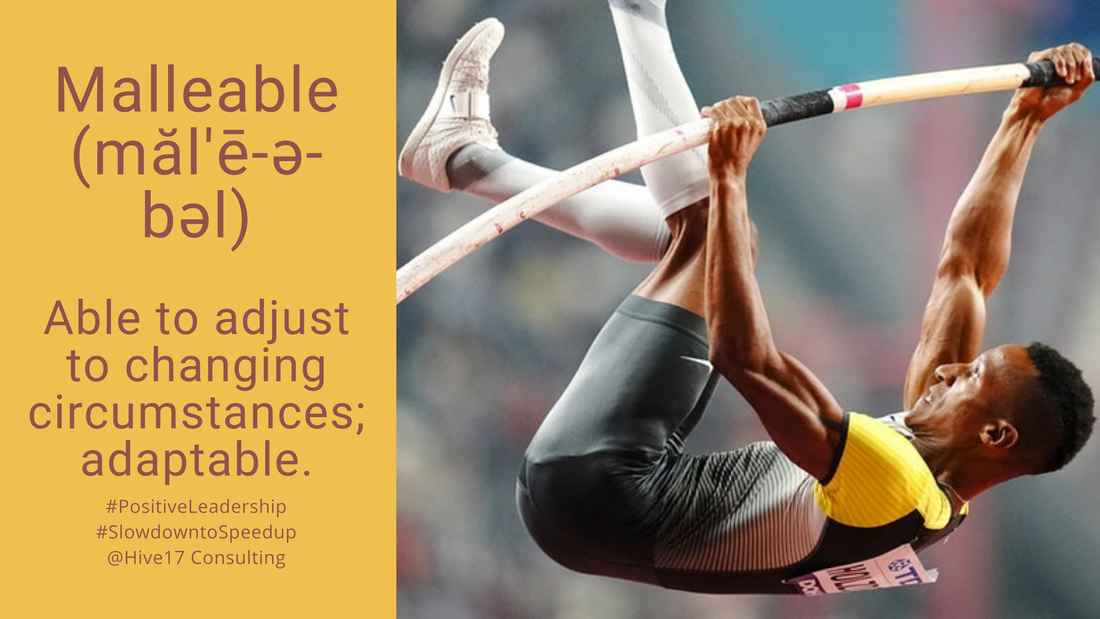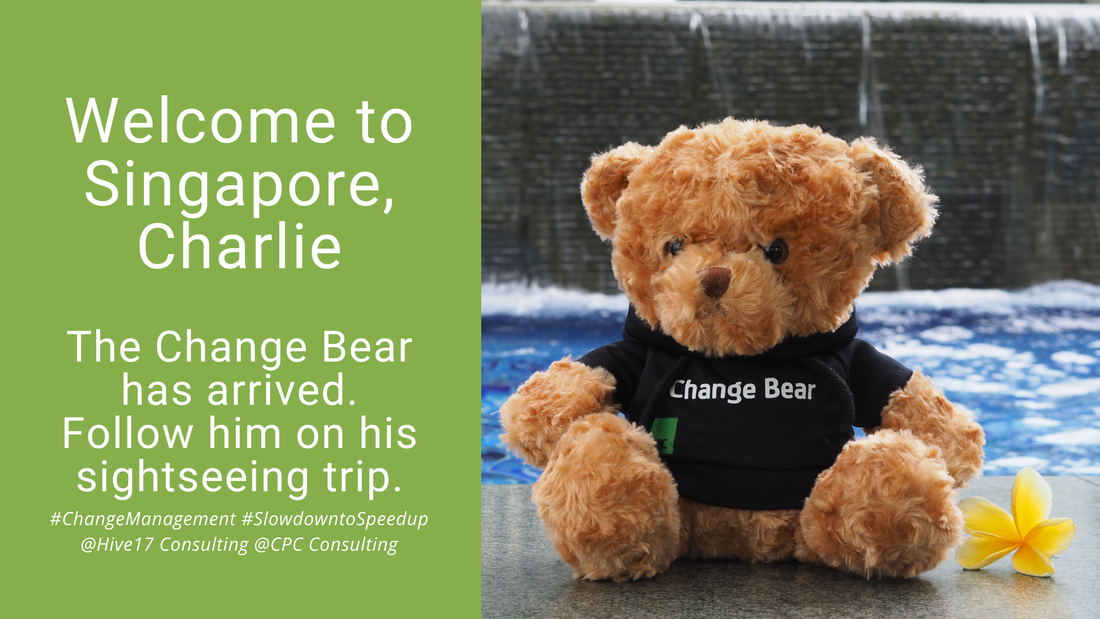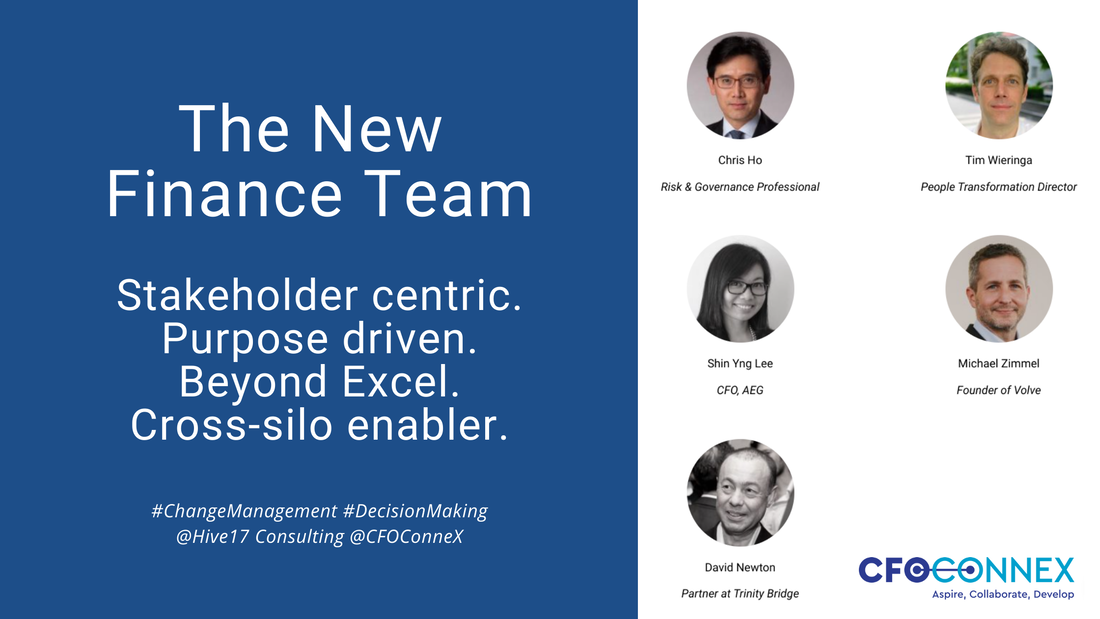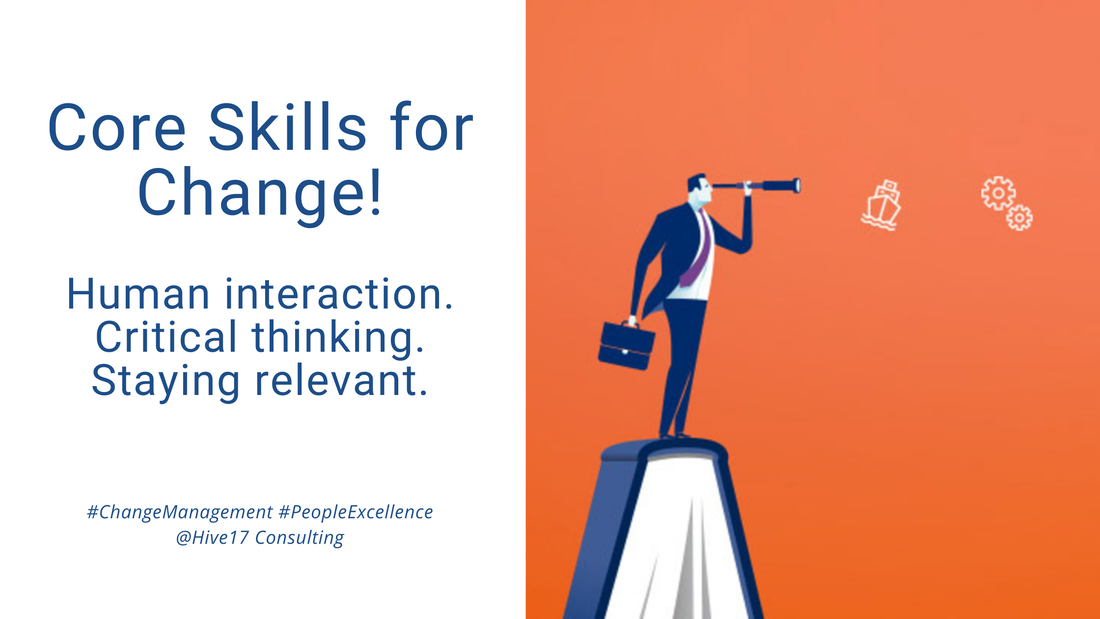|
Last week I was sharing some thoughts with a friend about leadership and how we can bring the best out of our team members and peers. In this conversation, we thought about a new quality of a good leaders: being malleable - able to be changed and to adjust.
Around us we can observe managers that want to give direction and give guidance to their team members. They are confident with the experience they have and want the people around them to learn from them. This almost sound like a good thing, right? Though, in my experience there are a few side-effects which I would prefer to avoid. One is that with a rigid mindset, we are limiting the people's autonomy and creating frustration. Another is that we encourage the people around us to listen instead of applying their critical thinking capabilities. And a last - and in my eyes crucial - element is that we are limiting the creativity, innovation and development of the team. What can leaders do instead? Ok, let me introduce another fancy word: impermanence. Things around us are in a continuous cycle; they are changing all the time and nothing is really permanent. Once we acknowledge that the ecosystem we are in has the qualities of impermanence, we also come to realise that we need an open and curious mind to absorb this ecosystem and to be able to thrive in it. With this we are able to adjust to the permanent change around us. How can you apply this in practice?
These are some initial thoughts around the quality of being malleable. What do you think about it? Where do you see this to be applicable and important?
0 Comments
Hello Singapore! I am finally out of quarantine and got a great welcome here in Singapore. Oh, yes, my name is Charlie, I am the Change Bear! Originally, I am from Germany and I have been sharing my change management experience in Beijing and Shanghai for the last few years!
What brings me to Singapore? I heard that the program for the 'Certified Associate in Change Management' will be launched here in September and maybe my support is valuable... (for sure it will be!) First things first! My host here, Tim, promised to show me around Singapore. I heard it is tropical here, lots of green and lots of culture. And, lots of great food. I am excited to play tourist for a bit! I will share more soon... After that, we bring a fun and joyful spirit to our certification programs - I can't wait for that! Oh, if you want to learn more about me, check this out. This week the CFOConneX network has launched the first workshop series and I am delighted to be part of this event! Thank you David Newton and the entire team! The entire workshops series is about how CFOs can take a new spin to business intelligence; reflecting on how we are doing business planning, budgeting and forecasting. The first session was giving an overview of what this topic entails. As a change management practitioner, for sure I am looking at the people side of these activities. As a leader we should always think about the why! What is the purpose of financial planning & analysis? In the end we need to make decisions that are pushing our business forward. Here is an extract of the workshop covering this topic. Enjoy! In my presentation I have covered three key aspects:
How do you engage as a CFO with the business and contribute to the overall business success? The SkillsFuture organisation is doing an excellent job, supporting the development of the workforce in Singapore. They have recently launched a set of Critical Core Skills that are vital for all of us to thrive in a business environment that is rapidly changing in terms of technology and human interaction.
The sixteen competencies are grouped in the following three areas:
As a change management practitioner, I am delivering programs that are developing and embedding skills that allow change initiatives to succeed. Are you simply installing a change? How can you ensure that you realise the expected benefits of the transformation program? With this background, I want to share here how change management skills are supporting the critical skills above. At the core of change is the human side of doing business; how we interact with others. We want to understand the people around us; only then can we overcome resistance and make the new solutions work for them. This is the foundation to make transformation initiatives a success. We learn to understand how people react, how we can influence and engage people. And most importantly, how we can create value in the ecosystem. Change management frameworks provide a simple structure that allows us connecting the dots and to think critically. Who is impacted by the change program? Who can be an influencer? Change frameworks enable us to collaborate and discover new insights. With these inspirations we can derive innovative solutions that fit into the larger ecosystem. When we learn about transformations, we also discover that change journeys are about continuous change. The business ecosystem is constantly moving forward and we need to keep moving within it - stay relevant. With this, we develop behaviours and mindsets that is not only open to change; we discover how we can thrive in change. How can you get started? Become a Certified Associate in Change Management with our hybrid program that is credible, holistic and hands-on. Source: Critical Core Skills, Skillsfuture Singapore Did you know that about 26% of the change initiatives are failing? Most probably you did. And this statistic is quite sobering. And you might very well be deep in a transformative initiative and things take too long, and the impacted people are not sharing the same enthusiasm as you. Yes, this is normal. The good news is, there are clear ways how to improve your odds to over 70%! How? With a clear and structured change management practice in your organisation. Key success factors are:
Curious to learn more about a structured and hands-on approach to change management? We have launched a program for Certified Associates in Change Management. Sources:
|
Subscribe
Receive our monthly themed summaries of our thoughts: click! TimTim is a change practitioner in the area of innovation and excellence. He is working with teams to accelerate innovation, collaboration and agility. Categories
All
Archives
July 2024
|






 RSS Feed
RSS Feed